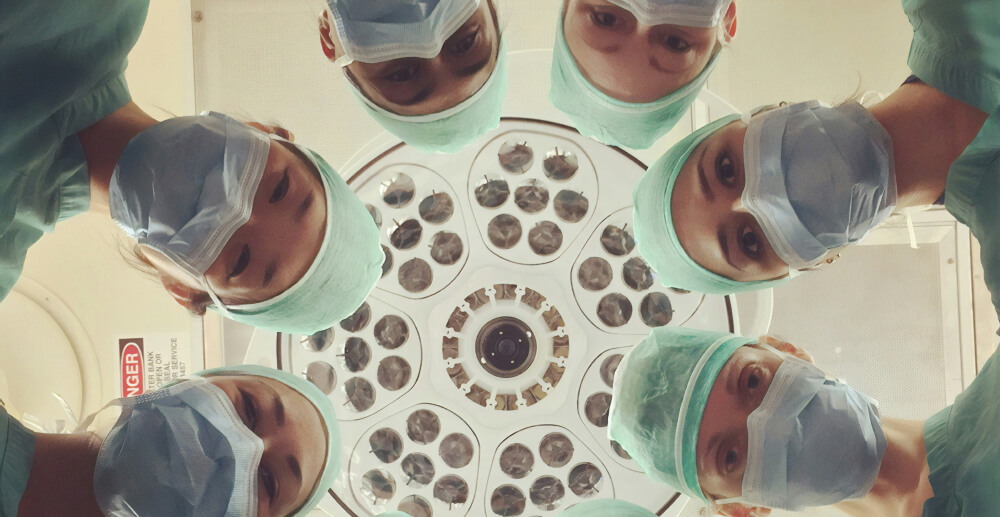Boost your body, mind, heart, spirit, and community with Workit Health’s online addiction courses.
Do you wish you could learn more about your substance use disorder and develop more effective coping skills? Online addiction treatment is one way to do just that. Workit Health’s programs include access to an online curriculum of skills-based courses, available 24/7 from the comfort of your home.
The online addiction courses are personalized to your needs. They include information about substance use disorder and activities built from evidence-based behavioral health treatment modalities.
The courses are broken up into six main modules, or sections, each addressing a fundamental aspect of addiction and recovery:
Mission
Mission sets the stage by exploring your path to addiction and clarifying your mission for recovery. In addition, we make sure that you walk away with the ability to identify your triggers and cravings, a skill that will be honed in the modules ahead.
Body
Body is, as you might expect, a module about the physical side of substance use disorder. Here, you will learn useful information about the neuroscience of addiction. We’ll also address your self-care needs and external triggers (such as HALT, Hungry-Angry-Lonely-Tired).
At Workit Health, when we say we’re Working Body, we’re generally focusing on physical self-care, whether that is exercise, drinking enough water each day, scheduling medical care, or checking our HALT.
Mind
In Mind, we address many of the risky and unhelpful thought processes that lead to engagement in addiction and addictive behaviors. In courses based on Cognitive Behavioral Therapy, we will explain and practice ways in which you can stop troublesome “auto-thoughts” in their tracks.
When someone on the team or one of our members is Working Mind, we know they’re focused on recognizing negative thought patterns and focusing on what we call their antidotes, or alternative thoughts.
Heart
In Heart, we discuss emotion regulation, which is fundamental to Dialectical Behavior Therapy. We will walk through the process of coping with difficult, triggering emotions. Using the principles of Positive Psychology, we will also encourage self-compassion and gratitude.
When Working Heart, we’re healing. Each section of Workit builds off of the others. Healing can truly begin once we’ve established self-care in Body and begun to change our thinking in Mind. Examining tough stuff, especially in our history or low self-esteem, can be difficult … but doing the work to get through it is so worth it.
“I like to work Community or Body more than Heart, but Working Heart is really rewarding,” Kali Lux, Workit Health Senior VP of Brand & Growth says about her own experience. “Workit Health has helped me realize that it’s a lot easier for me to focus on my external stuff, like self-care, exercise, or relationships, than to look internally at my own negative self-talk or negative thought patterns. At 14 years sober, there’s always more exploration and work to do!”
Spirit
Spirit is all about Mindfulness—learning acceptance, practicing breathwork, and more. In accordance with Existential Therapy, you will also get a chance to explore the meaning and purpose of a life free from addiction.
At Workit Health, when we say we’re Working Spirit, we’re focused on centering ourselves and developing a daily practice of mindfulness. That looks different for everyone, and the Spirit section acts as an introduction to mindfulness in recovery.
Brooke says, “I’ve always connected with nature, so I use that for a lot of my spiritual needs. One of my favorite parts of the Spirit section is choosing your spirit soother. Mine is an image of a sunny lake. I like to picture it and take a deep breath when I’m getting stressed.”
Community
Finally, Community is a module that centers around relationships. Drawing from Family Systems Therapy and Interpersonal Psychotherapy, we provide opportunities to examine the relationships and communities in your life, and whether they serve as triggers or supports.
Working Community means focusing on your relationships. Whether that means establishing boundaries with friends and family members, or finding your people in addiction recovery, connection is a huge part of recovery. And Community helps you get there.
In addition to the six main modules, your care team can give you access to many of the hundreds of additional courses we have on a variety of topics: dealing with grief, getting better nutrition, maintaining work-life balance, and more. We want you to walk away with concrete, applicable skills that you can use in your journey to recovery.
If you’re not a member of Workit Health but would like to check out our courses, you can download our app to try 12 free courses available to everyone. The hundreds of remaining courses and the other features of the program will be unlocked if you join Workit Health as a member.




